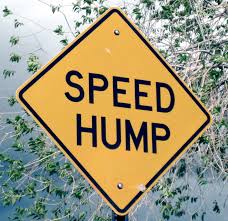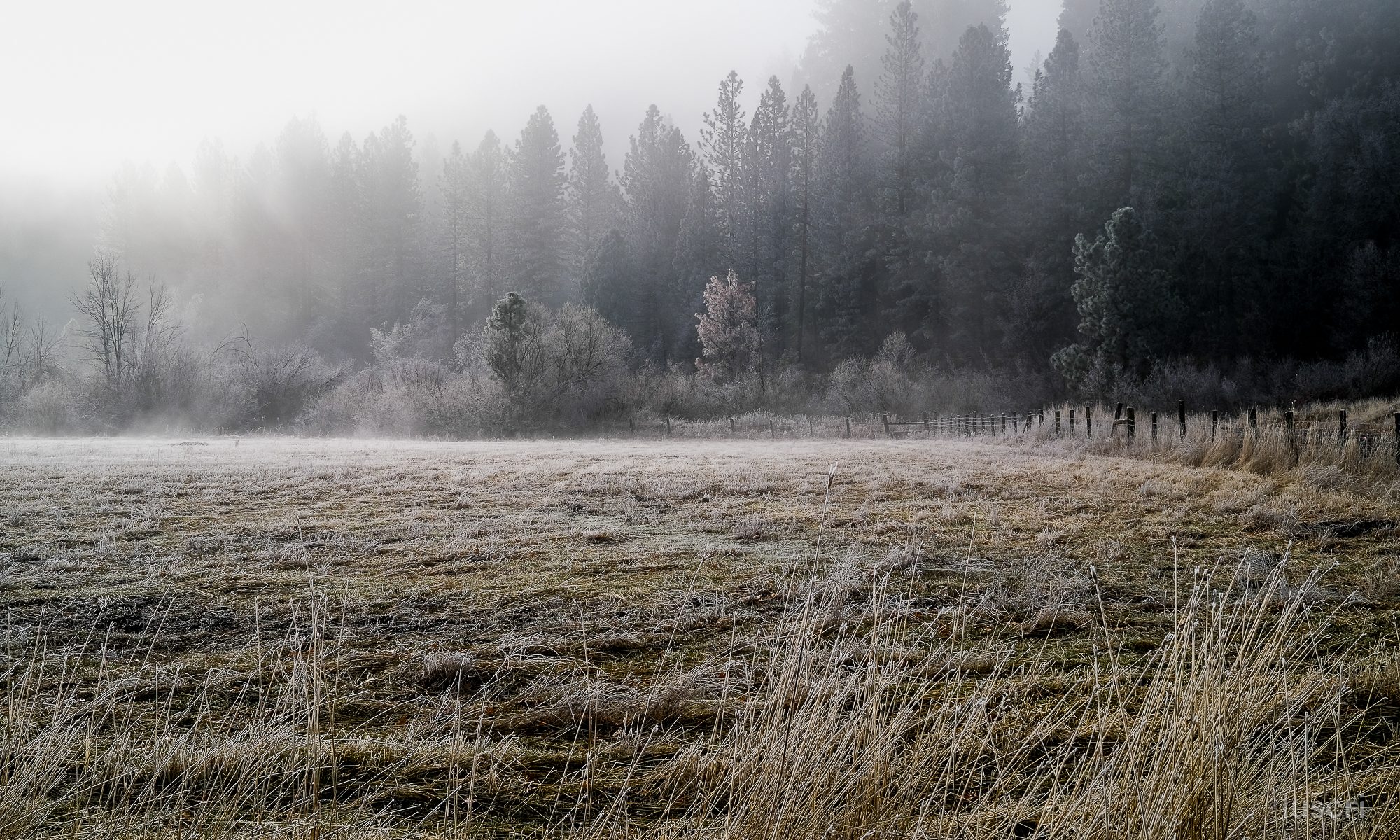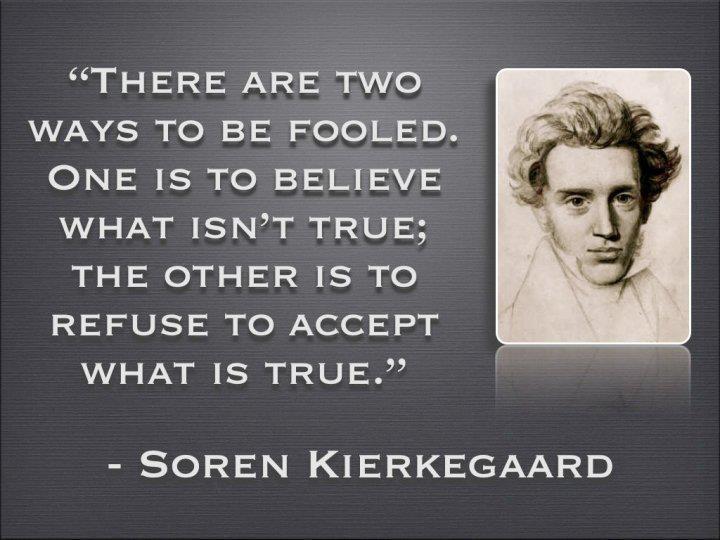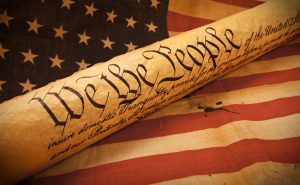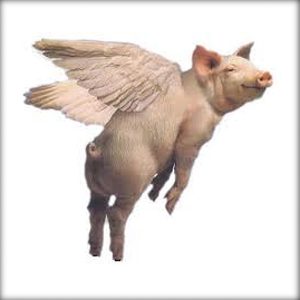
You know the feeling when someone describes you as someone you’re not? I do. I don’t like it. At all. I wonder how God feels about being misrepresented in The Shack?
Emotion and identification are powerful components of good fiction. William P. Young uses both effectively to craft a readable and powerful yarn that’s inspiring to many, confusing to others, and disheartening to me.
And now comes the movie version and another round of fresh emotions. Thanks, Hollywood.
What does The Shack have to do with the emerging church? Everything.
But first, what IS the emerging church? It’s a movement started by disaffected evangelical Christians who initially sought to make church more relevant in our postmodern age. In doing so, like Young with The Shack, they recreated a god, Christ-figure and spirit they can live with.
Young’s god in The Shack is a portly African-American woman named Papa who is warm, loving and accommodating in contrast with the cold, distant and demanding deity Young claims is the God of the Protestant Bible.
In a 2013 interview, Young said this:
“I’m a missionary kid and a preacher’s kid—evangelical, fundamental Protestant … You know, that’s about as distant from relationship with God as you can get. And it’s always been you know, religion that has been the primary impediment to actual relationship with God, because it creates a mythology about performance—that you can perform your way into the appeasement of the deity.”

Not to invalidate Young’s personal experience,
But don’t fundamental Protestants believe the Bible clearly and repeatedly teaches that there is nothing anyone can do to appease God? Hence the necessity of Jesus’ substitutionary death on the cross? If Jesus’ life and death removes “the impediment to actual relationship with God,” what does Young mean by a “mythology” about performance?
What I think Young means is this:
Many emerging church adherents believe that evangelical Christianity’s teaching about sin and our response to it in light of Christ’s sacrifice is a performance-based appeasement strategy. This is because they believe God is only love, like Papa, and does not require a response to Christ’s atoning death.
And because emerging churchers do not consider the Bible reliable, they can dismiss its teachings that God is a holy and sometimes angry God. Just as they dismiss the existence of Hell and believe that God will forgive all, no matter their lifelong rejection of him. In the end, you see, love wins. And justice loses.

Lost in translation?
There are no examples of performance-based mythologies in the Protestant Bible. It has always been about Grace. But many in or sympathetic to the emerging church say they never felt like they fit in with evangelical churches. Or they decry evangelical pastors’ preaching about heaven and hell and the response to each for the Christian.
Perhaps they refer to Jesus’ Gospel teachings like this one in John 3:36 as a performance-based myth: “He who believes the Son has eternal life; but he who does not obey the Son shall not see life, but the wrath of God abides on him.”
Ah. So perhaps this is the hang-up: People like Young have a problem with Protestant beliefs that call for obedience—or using their translation—performance. Can you imagine Young’s Jesus in The Shack uttering such absolute and intolerant words?
God’s word?
Young, like other adherents of his belief system, reject or affirm Jesus’ words based on what they choose to believe about him. When many in the emerging church do not believe the Bible is God’s word and cherry-pick it to build their construct, anything and everything is on or off the table.
In depicting God as a black woman, the Holy Spirit as an Asian woman and Jesus as a Jewish carpenter—all of which are all love all the time—Young covers many progressive bases—feminism and the anti-paternal God, universalism and the humanization of Christ.

Papa is no Aslan
Some will point out Young’s Papa is merely an allegorical device as, they say, is C.S. Lewis’ Aslan. This comparison is faulty for two reasons: Lewis’ Narnia is allegory, and Aslan is an alternate-world Christ-like figure; Young’s The Shack is didactic (meant to teach) and his Papa and Sarayu are depictions of God and the Holy Spirit, not allegorical devices.
For a better discussion of the differences between Papa and Aslan, feel free to read Tim Challies’ Why Papa of The Shack Is not Aslan of Narnia.
For an accurate description of Aslan, I leave it to the characters of C.S. Lewis’ The Chronicles of Narnia:
“Is—is he a man?” asked Lucy.
“Aslan a man!” said Mr. Beaver sternly. “Certainly not. I tell you he is King of the wood and the son of the great Emperor-Beyond-the-Sea. Don’t you know who is the King of Beasts? Aslan is a lion—the Lion, the great Lion.”
“Ooh!” said Susan, “I’d thought he was a man. Is he—quite safe? I shall feel rather nervous about meeting a lion.”
“That you will, dearie, and no mistake” said Mrs. Beaver, “if there’s anyone who can appear before Aslan without their knees knocking, they’re either braver than most or else just silly.”
“Then he isn’t safe?” said Lucy.
“Safe?” said Mr. Beaver. “Don’t you hear what Mrs. Beaver tells you? Who said anything about safe? ‘Course he isn’t safe. But he’s good. He’s the King, I tell you.”

Young’s Trinity is a triad of his own creation
Granted, many will find encouragement in a safe, passive Papa, a mousy and mysterious Sarayu and a bumbling, comical Jesus. I know that some feel burned by fellow sinners and pastors of traditional American Protestant churches, and I realize that The Shack is a balm to many.
I recently exchanged emails with my former pastor who thinks the movie version of The Shack can spiritually help “millions of people.” I certainly hope not. If helping millions requires misrepresenting God, the Holy Spirit and Jesus, please William P. Young and those behind The Shack film, don’t help us.
Stripping God and the other members of the Trinity of their purity and holiness and “dangerousness” while denigrating and dismissing the beauty and sufficiency of the Gospel and Christ’s atonement, as The Shack does, is no help at all.
This will help grow the emerging church; and it will help grow Young’s and the movie makers’ bank accounts. But it won’t help grow genuine faith in a loving, holy and just God.
The Shack distracts and confuses people from seeing God as he is and seeks to depict him as Young and others want him to be. This is a shame and a sham. It’s also a foolish misrepresentation.
Give me a dangerous Warrior-God who’s also the ultimate loving father over a passive Papa any day of the week and twice on Sunday.

